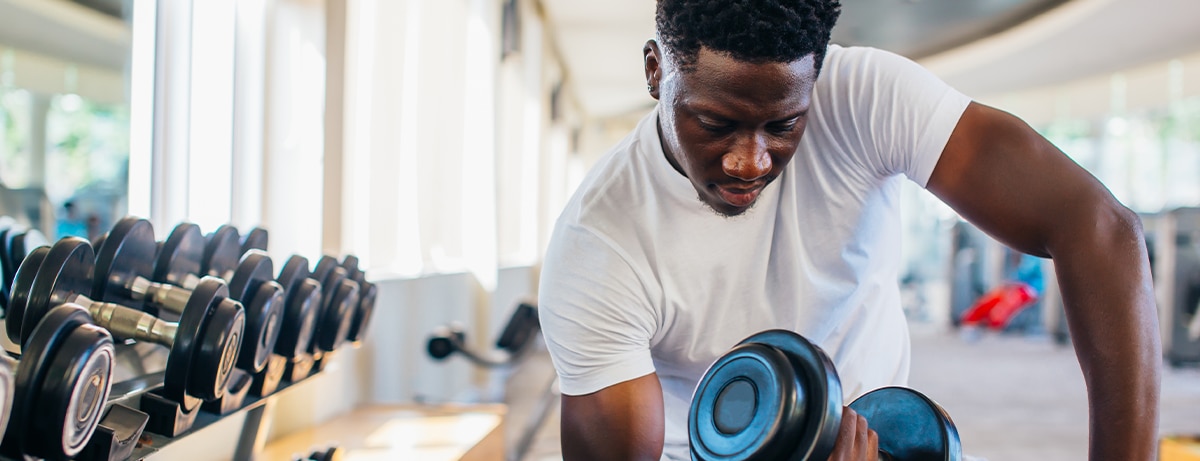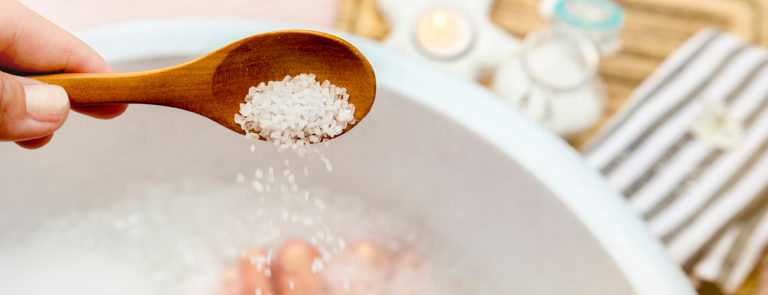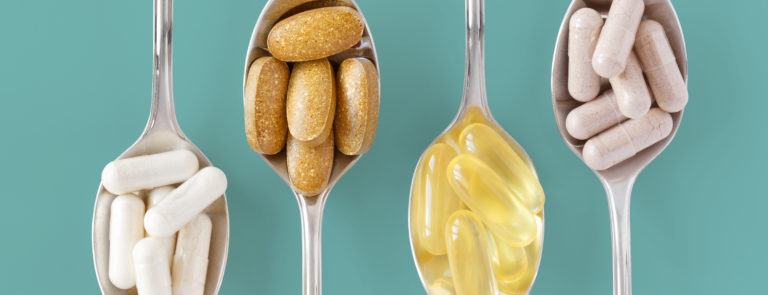15% off £20
Code:SHOP
How to tackle poor circulation

Summary
1What is poor circulation?
Poor circulation is when blood flow around your body isn’t working properly. This happens with conditions such as blocked arteries, atherosclerosis...
2Which problems can occur?
Angina. The heart is a muscle that pumps blood around the body. But if there’s furring in the arteries carrying blood to the heart, then the muscle...
3What can help poor circulation?
Research found that pine bark supplements contain a compound called pycnogenol, which reduces the tendency for blood platelets to stick together...
Having poor circulation can cause problems ranging from increased sensitivity to temperature changes, to blocked arteries. Discover how to keep your circulation healthy, and when it’s time to worry.
How does circulation work?
Your circulatory system pumps blood carrying oxygen from your heart around your body via the arteries. Once this oxygen has been used up, the blood flows back to your lungs via the veins to pick up more oxygen.
What is poor circulation?
Poor circulation is when blood flow around your body isn’t working properly. This happens with conditions such as blocked arteries or atherosclerosis (where artery walls thicken due to fatty deposits), so blood has difficulty getting to the heart or down to your leg muscles. Circulation problems generally affect middle-aged and older people, often those with bad lifestyle habits such as smoking.
Which problems can occur?
- Angina. The heart is a muscle that pumps blood around the body. But if there’s furring in the arteries carrying blood to the heart, then the muscle starts to run short of oxygen and you get a pain in the chest known as angina. If the artery to the heart becomes totally blocked, it can cause a heart attack.
- DVT. Deep vein thrombosis (DVT) is another circulatory condition where a blood clot occurs, most commonly in one of the leg veins. An injury to the vein or increased stickiness of the blood due to dehydration, for instance on a long flight, can increase blood’s tendency to clot. The leg can become hot, swollen and tender, and sometimes a blood clot can travel to the lung (a pulmonary embolism). If a DVT is suspected, it needs urgent medical attention.
- Raynaud’s phenomenon. Some people are unusually sensitive to the cold, a condition known as Raynaud’s phenomenon. Even though all their main arteries and veins are healthy, their blood vessels narrow excessively when exposed to cold temperatures, which restricts blood flow.
Handpicked content: Is Raynaud's causing your poor circulation?
What can help poor circulation?
Research has found that pine bark supplements contain a compound called pycnogenol, which reduces the tendency for blood platelets to stick together, helping to protect against heart attacks, strokes and DVT.
The herbal supplement ginkgo biloba could also encourage healthy circulation. Any hot spice can stimulate your circulation; try chilli or a pinch of cayenne pepper in tomato juice, or added to a hearty soup. Horseradish or black pepper are also said to have circulation-boosting properties, while ginger can help warm you up and get your blood moving in the right direction.
Was that helpful? Find out more about poor circulation in our fact-packed guides on The Health Hub. This article has been adapted from longer features appearing in Healthy, the Holland & Barrett magazine.
Advice is for information only and should not replace medical care. Please consult a doctor or healthcare professional before trying any remedies.













